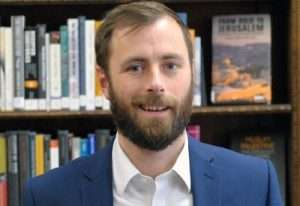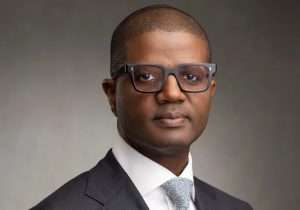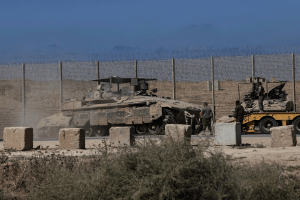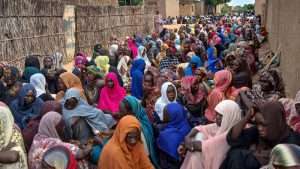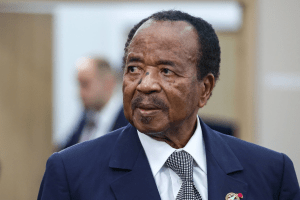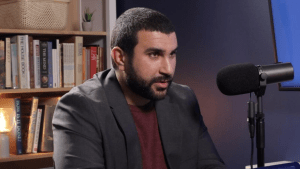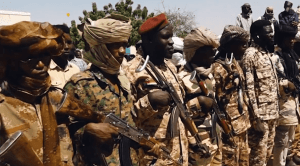Adil Faouzi: Morocco’s media model needs a reset
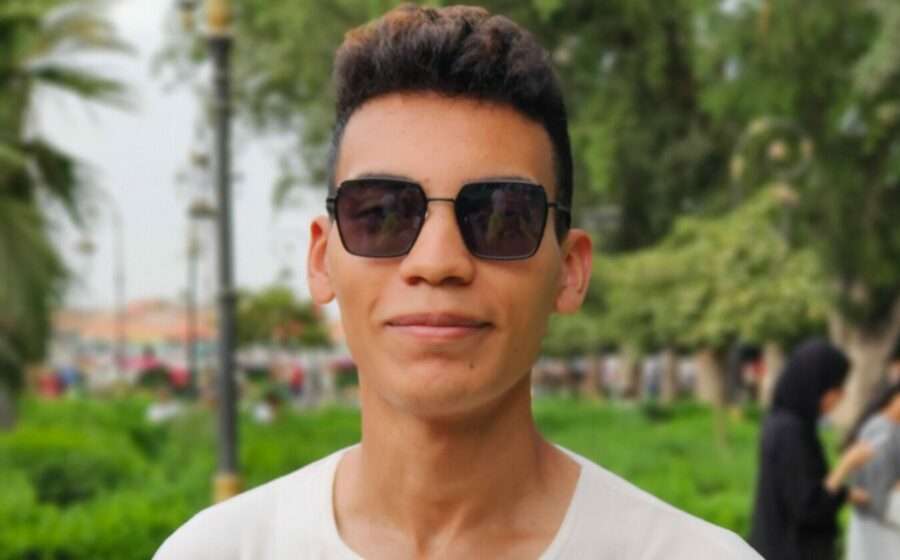
With the world cup only a few years away many are asking whether Morocco will advance as an economy, taking advantage of being the attention of the world. But how to do that with the existing media model which doesn’t do anything to put Morocco on the world’s stage? A young rebel journalism graduate working for a ‘news’ outfit in Rabat which many would argue is part of problem, thinks he has the answer
Morocco’s growing stature as a continental leader demands a media strategy that matches its diplomatic ambitions. For too long, the kingdom has relied on outdated, state-centric models of communication that no longer serve its interests. As Morocco deepens its footprint across Africa, the absence of a powerful, pan-African media conglomerate becomes more glaring. Qatar understood early on that soft power lies in narrative control. Al Jazeera was never just a news channel. It was a geopolitical weapon. Morocco, which now chairs the AU Peace and Security Council and leads in climate diplomacy and regional mediation, deserves nothing less. And if Qatar can dominate the Middle East’s media space from within, why should Africa’s story be outsourced to legacy platforms rooted in Paris? One voice from within is worth more than ten from the outside—and Morocco is the most credible candidate to carry that voice forward.
“A large-scale, multilingual, pan-African media holding would reinforce Morocco’s leadership where it matters most: hearts, minds, and narratives.”
King Hassan II understood the power of the microphone better than anyone. As Moroccan journalist and royal chronicler Mohammed Saddik Maaninou recounts, during an Arab summit held in Fes in the 1980s—likely centered around King Fahd’s proposal for Palestine—Hassan II anticipated the likely outcome: that Arab leaders would walk out complaining the summit failed to produce results. So, while the meeting was still underway, he stepped out, gave a carefully crafted press statement on the event, and had it broadcast immediately. By the time other leaders emerged from the room, the media had already framed the meeting through the lens of Hassan II’s message. His statement became the version of record. It was a bold exercise in narrative preemption—one that left no room for rival interpretations. His decision to appoint Driss Basri as both Interior and Information Minister sent the same message: control the message, control the momentum. Media wasn’t an accessory. It was a tool of governance. Morocco knew this once. It cannot afford to forget it now.
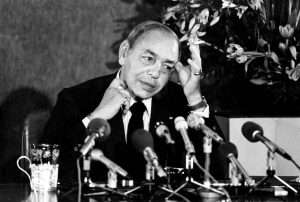
Today, Morocco doesn’t need a replica of Al Jazeera, but it does need something built for Africa and led by Africa. We do need something that speaks to our reality and vision. A large-scale, multilingual, pan-African media holding—spanning television, digital, investigative journalism, and cultural storytelling—would reinforce Morocco’s leadership where it matters most: hearts, minds, and narratives. A Africa-centered media conglomerate backed by Moroccan capital and editorial direction would serve as a tool of parallel diplomacy, complementing our economic and political expansion across the continent. We don’t need merely a Moroccan Arabic broadcaster, but a multilingual network that reaches West, East, Francophone, and Lusophone Africa.
READ: Martin Jay: EU commission exposed for bribing journalists
This would also break the lingering monopoly of postcolonial platforms like Jeune Afrique which still view Africa through a filtered, French-speaking lens. Morocco has never truly belonged to the Middle East, nor should it mimic the pan-Arab media model. It has never truly identified with the pan-Arab project. Its real power lies in the continent it’s helping shape. It’s time the media reflected that. It should build its own. Confident, independent, African.
The views expressed in this article belong to the author and do not necessarily reflect the editorial policy of Maghrebi.org. Adil Faouziis a journalist at Morocco World News with a master’s degree in Media Studies from the Doha Institute for Graduate Studies in Qatar.
If you wish to pitch an opinion piece please send your article to grace.sharp@maghrebi.org
Want to chase the pulse of North Africa?
Subscribe to receive our FREE weekly PDF magazine









